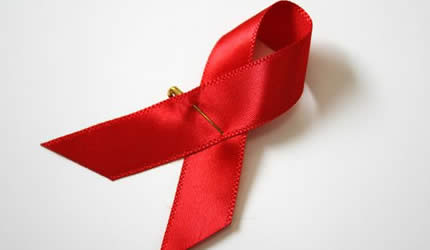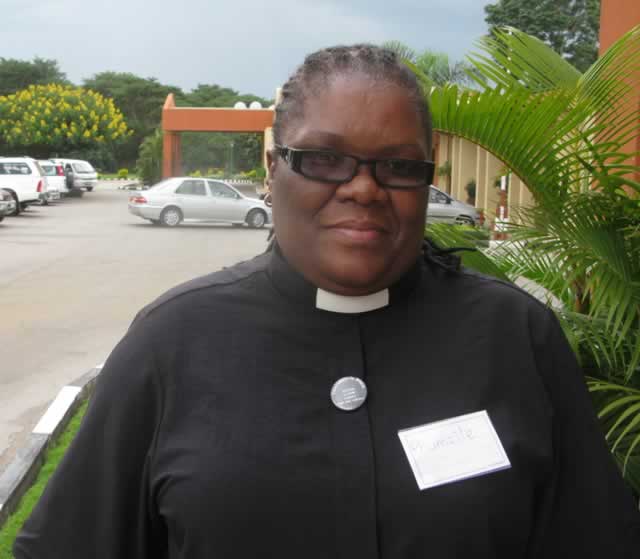Male circumcision is for your own good

Catherine Murombedzi H I V Walk
This year saw more men being circumcised as compared to last year, according to the Head of Aids and TB Unit in the Health and Child Care Ministry Dr Owen Mugurungi. About 90 000 men underwent the procedure against a targeted 115 000 while last year 40 755 men were circumcised nationwide.
“This year’s output marks a significant increase as compared to 2012 when 40 755 males were circumcised. A remarkable feat in that 90 000 were circumcised,” he said.
According to the Zimbabwe Demographic and Health Survey 2010-2011, male circumcision is a common practice in many parts of sub-Saharan Africa, commonly performed for traditional, health and other reasons.
In Zimbabwe, 10 percent of men are circumcised. Randomised control trials carried out in South Africa, Uganda and Kenya showed that medical male circumcision has a protective effect of 60 percent against HIV transmission.
The Government in 2009 adopted circumcision as one of the comprehensive HIV prevention strategies. The programme, through the Ministry of Health and Child Care and its partners, has this year successfully circumcised 90 000 men. With the Christmas holidays upon us more males could undergo the procedure thereby raising the figure.
The Health Ministry aims to ensure that voluntary medical male circumcision services are available to all communities countrywide. Various strategies to ensure safe male circumcision services have been employed, which include training doctors, nurses and supporting team members to offer this much needed service.
Strategic Partnerships
The National Male Circumcision Policy (2009) recognises that one of the critical pillars of the VMMC programme is the need to provide the services in a manner that fosters respect and collaboration with traditionally circumcising communities and their practices.
In this regard, since 2009 Government and its partners have engaged various communities that practise circumcision for religious purposes or as a rite of passage to adulthood. This has resulted in very strong partnerships between the national VMMC programme and that of the traditional groups.
PSI Zimbabwe is spearheading the MC programme in Masvingo province in conjunction with the Ministry of HeaIth and Child Care.
They are working with Chief Sengwe and Chief Tshovani of the Shangani community so that they also utilise medical health services in their own traditional settings but meeting the expected standards of service delivery in health facilities. Government, on request from the chiefs, provides doctors and supporting teams that are acceptable to the community to provide surgical and related services.
“This year the Shangani camp, which took place in September under the leadership of Chief Chitanga, resulted in the circumcision 1 088 men. With the support of the chief, a Senator in the area, the Shangani community have seen slightly over a 1 000 boys graduate to manhood.
“Of all the men that went into camp, none died or had adverse reactions, they all went home, proving the effectiveness of the medical male circumcision,” said Ms Paida Magaya, PSI Zimbabwe information officer who was in Tshovani during the ceremony.
As the traditional communities perform MC as a rite of passage to manhood, Government plays a crucial role in assisting them in performing the circumcisions through their team of trained doctors and nurses, using sterile equipment.
Careful considerations are done to ensure that the medical approach does not infringe on the traditional values of these communities and in this regard, the circumcisions are carried out in their idyllic setting in a sacred area.
Government continues to respect and value the deep-rooted values and traditions practised by the traditionally circumcising communities.
Other services
As Government assists in conducting the circumcisions, other important sexual reproductive health services are offered, which include HIV testing and counselling to all consenting individuals prior to circumcision.
“Counselling is also provided where more information concerning sexual reproductive health issues is given to ensure that the young boys being initiated into adulthood also have valuable information on the dangers of risky sexual behaviour and how they can protect themselves through abstinence, condom use, reduction of the number of sexual partners as well as early treatment of sexually transmitted infections.
“The partnership with these communities is ensuring that more young boys are accessing information and services on sexual reproductive health,” said Ms Paida Magaya.
“The most common means of HIV transmission in Zimbabwe is through unprotected sex with an infected person and according to the ZDHS 2010-2011, young men were much more likely than young women to report having multiple sexual partners (8 percent and 1 percent, respectively), thereby increasing chances of contracting HIV.
“However, through the services offered by the Ministry of Health and Child Care in support of the traditional circumcision, young boys have the opportunity to receive more information on sexual reproductive health.”
Benefits of Male Circumcision
“The benefits include improved hygiene prevention of cancer of the penis; reduces chances of contracting cervical cancer for the woman with a circumcised sexual partner; reduces complications such as inability to retract the foreskin; reduces chances of contracting some sexually transmitted infections and also reduces chances of contracting HIV by 60 percent. Circumcised men are encouraged to use condoms, reduce number of sexual partners and where possible to abstain from sex,” said Ms Magaya.
Gospel artiste Fungisai Zvakavapano-Mashavave, a mother, wife and artiste is raising awareness on cervical cancer and the need to be protected on the possible non-communicable disease infliction. Working in conjunction with the Ministry of Health and Child Care and the PSI, Zvakavapano-Mashavave urges women to encourage their partners to undergo the procedure as it is not only beneficial to the men but the woman as well. Her husband, Courage Mashavave, underwent the procedure.
He said circumcision was not only beneficial to him but offers double protection as the wife is protected from cervical cancer.
“My husband did it for me,” she said.
- Email: [email protected]
During this Christmas Holidays, boys are encouraged to visit their nearest health centre and find out where MC is being done at a place near them.
The procedure is offered free of charge in government institutions and from their supporting partners.







Comments